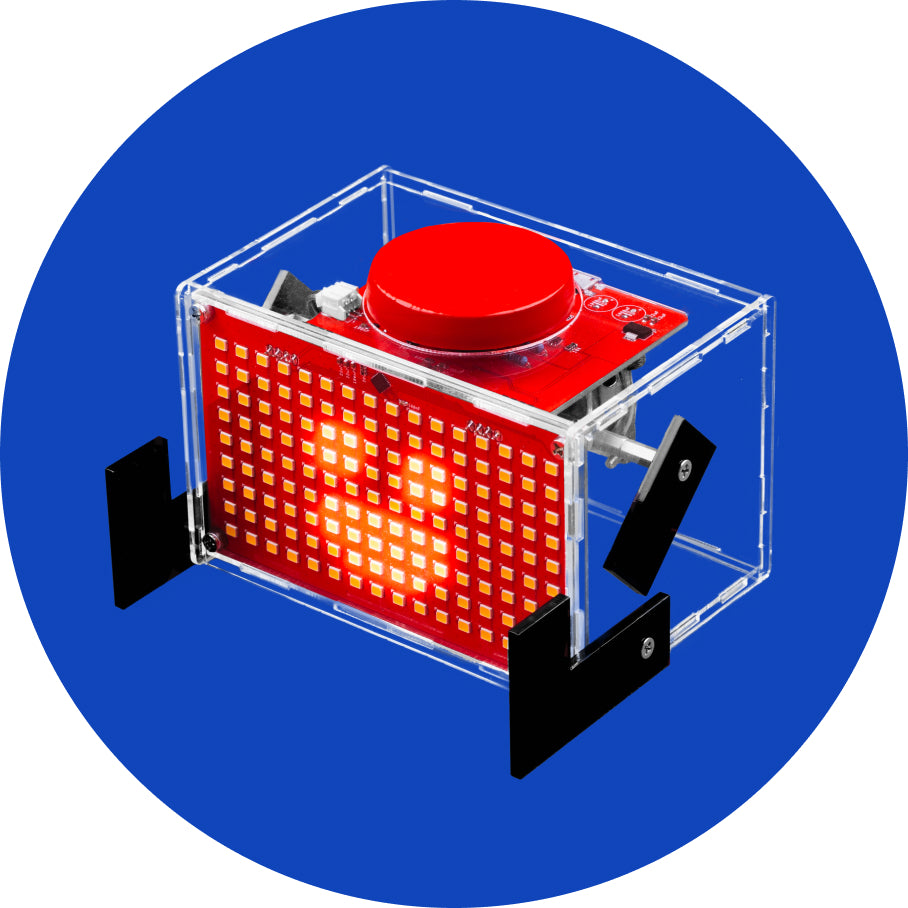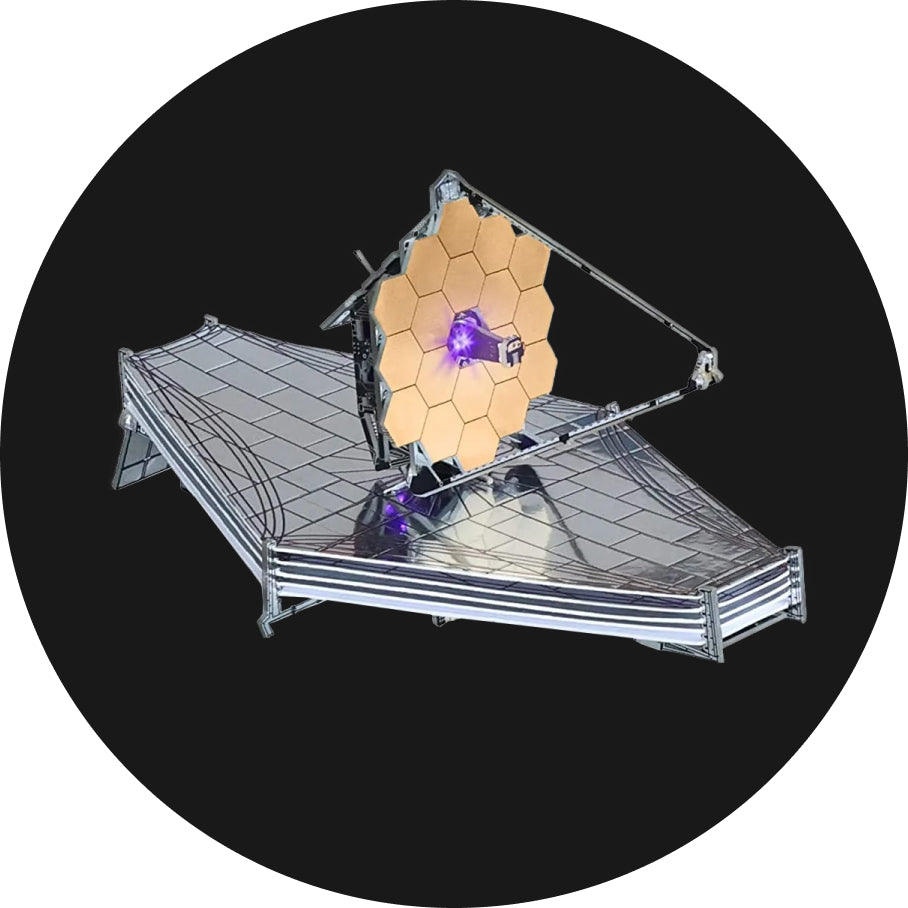Peeling and casings
Plastic peeling

Before starting to screw anything together, make sure to take off the protective peeling that we mentioned earlier.
There are total of 4 layers you need to peel off, two on each plastic case.
Do not use anything sharp or made out of metal as it may permanently damage the protective plastic.

Both protective plastics should be completely transparent. If there are any blue layers left on them, make sure to remove it completely.


For this, we’re going to need:
6x M3x8mm metal bolt
6 x M3x5mm brass (golden) spacer
1 x Front protective casing1 x Front aesthetic casing




Make sure to use your nails or a wooden pick to start with the peeling process.
Do not use anything sharp or made out of metal as it may permanently damage the protective plastic.

When it’s all done, it should look something like this.
Both protective plastics should be completely transparent. If there are any blue layers left on them, make sure to remove it completely.

Step 15 – The front casing

Since we don’t want anything to happen to your Ringo, it’s best to put it in its plastic casing.
Let’s start with the front side.
For this, we’re going to need:
6x M3x8mm metal bolt
(WATCH OUT – there are two versions of metal bolts that look similar; you need the shorter bolts here)
6 x M3x5mm brass (golden) spacer
(WATCH OUT – there are two similar types of brass spacers in your kit and you need the bigger brass spacer here!)
1 x Front protective casing1 x Front aesthetic casing
Put the bolts in from the front side and tighten the metal spacers from the back side.
Don’t tighten them too much, because you could damage the casing!



The front part should look something like this now

When you put the bolts through the back side, don’t screw down the spacers all the way through.
This will prove useful up ahead when we’ll connect both sides of the casing.

6x M3x12mm metal bolt
6x M3x4mm brass (golden) spacer
1 x Bottom aesthetic casing1 x Bottom protective casing
Step 16 – The back casing

Take the rest of the components:
6x M3x12mm metal bolt
(WATCH OUT – there are two versions of metal bolts that look similar; you need the longer bolts here)
6x M3x4mm brass (golden) spacer
(WATCH OUT – there are two similar types of brass spacers in your kit and you need the shorter brass spacer here!)
1 x Bottom aesthetic casing1 x Bottom protective casing
The process is pretty similar to assembling the front casing.


Step 17 – The battery

The battery comes with pre-applied two-sided sticky tape, so you’ll need to peel off the paper layer from the back of the battery.
Be careful not to peel off the whole tape, just the protective paper layer.
Place it inside the largest slot on the back casing, and make sure the battery’s cable is facing right.
Press down on the battery firmly to ensure it’s stuck to the casing nicely.

After sticking the battery to the casing, all that’s left to do is connect the white connector into the slot on the Main board where it says “battery”.



After sticking the battery to the casing, all that’s left to do is connect the white connector into the slot on the Main board where it says “battery”.

Step 18 – The antenna

You were probably wondering what’s that dangling black wire connected to the network module.
That’s the Ringo’s antenna and it is impossible to connect to the mobile network without it.
Like with the battery, you’ll need to first peel off the paper layer from the end of the antenna.
Be extra gentle with it as it can be damaged if sticked wrongly!

Then stick it to the casing right next to the battery, with the antenna wire facing up.
Be careful when tugging on the antenna because the antenna connector on the network module is a bit fragile and might even break if you put too much strain on it!





Keep in mind that you don’t tighten them too much when assembling the casing because you might damage it.


Now you should have the back casing connected to the Main board with the battery and antenna as shown on the photo on the left.

Step 19 – Combining the front and back casing

Place the back casing onto the back of the Main board.
Watch out for the cables as they might get in the way. Make sure they stay within the casing and away from the screws so they don’t stick out or get damaged.
Flip the phone so that the screen is facing up.

Now place the front casing onto the front side of the Main board.

Tighten the six bolts on the BACK SIDE.
Squeeze the bottom and top pieces of casings together with your fingers while tightening the bolts.
Keep in mind that you don’t tighten them too much when assembling the casing because you might damage it.

And voilá, you’ve just assembled your very own mobile phone!
Make sure you turned off your soldering iron! Unplug it from the power source, place it on the soldering iron stand and let it cool off for at least 5 minutes before you put it away in your tools box.
Check out the following chapter for further instructions on how to set up your Ringo.




